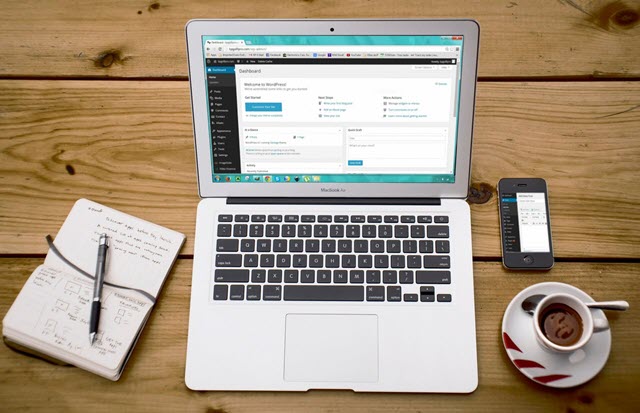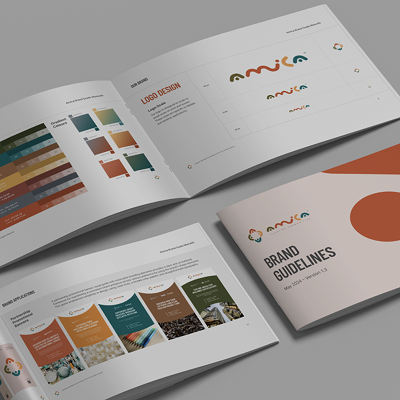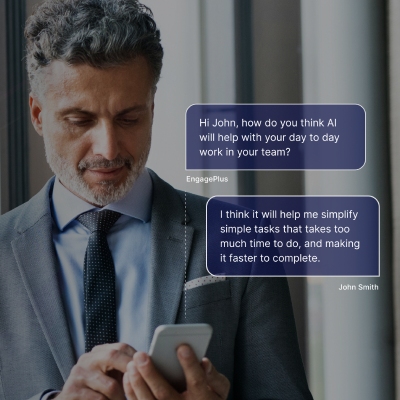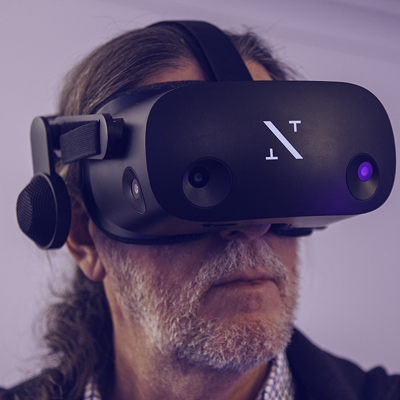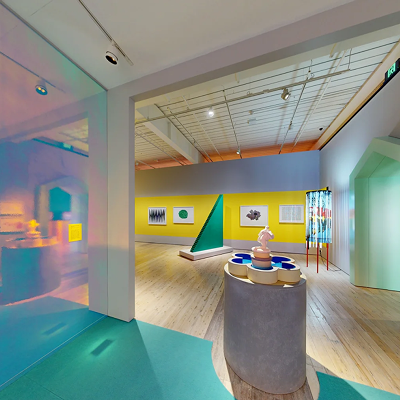Content Management Systems (CMS)
November 6, 2023
Benefits of Using a Content Management System (CMS)
In general, the benefit of a CMS is that it makes it easier for users to create and manage website content. However, the important points of the CMS itself for users, especially beginners, are:
1. Build a Website without coding skills
The first benefit of a CMS is that website creation can be done without coding. Thanks to these advantages, users do not need to learn various programming languages to be able to build websites.
However, a CMS is also suitable for users who have coding skills but don’t want to build a website from scratch. Because, most content management systems offer easy customisation of settings, such as editing themes and creating custom plugins.
2. Make it easy to adjust the appearance of the Website with Themes
Designing a website to make it look attractive is certainly not an easy thing to accomplish. However, this is not the case if you are using a content management system.
A CMS provides many default themes that users can choose from to quickly customise the look of the website.
Interestingly, most CMS themes are easy to customise. For example, the user wants to change the background, text colour, and menu order according to the user’s wishes.
And, many CMS themes are free to use. However, there are also many paid themes from third-party markets.
3. Adding various functions with Plugins
In general a content management system is ready to use. CMS usually already has complete features to create a simple standard website. So you can instantly create a page and define its appearance, menu, and content.
However, when you want to add custom functionality to a more complex website, such as a business website, you need features that are usually found in plugins.
And CMS already has a library of plugins from various developers, both homemade and from third parties. And a plugin that fits the designation and specifications of the CMS to install is quite easy. Generally only two steps, namely installation, and activation.
There are many plugin variations of a CMS, ranging from plugins for security to speed/optimisation. Some plugins also make it easy for users to add certain elements to the website, such as pop-ups, social shares, and plugins for filtering comments and others.
4. Make the Website more efficient
If the user creates a website by coding himself, then an error can occur if the coding is not correct, and the user must do testing. With CMS these obstacles can be minimised because every code has been tested by the developer team so that it can run well.
And if an error occurs that makes the website inaccessible or easy to hack, the CMS developer will immediately provide an update. Users simply need to update through the menu that has been provided.

5**. Ease of Team and Co-management**
Like a business, managing a website can be done by many people. On an online store website, for example, there may be someone in charge of managing product pages, writing blog content, and so on.
Managing website user access is certainly not an easy thing. Fortunately, content management systems provide effective permission management. When you create an account for a team member, all you have to do is define their role. For example editors, authors, or contributors.
That way, everyone can only access the website according to their authority.
6. Create a Search Engine Friendly Website
Without appearing in search engines, the website will not be known to the public. This is of course a big loss, especially if the website is used for business.
So, in order to appear in search engines, the website must be SEO friendly, both technically and with the visitor’s experience when accessing it.
The good news is that almost all CMS is designed to be search engine friendly. This can be seen in the neat code, the ease of implementing search engine optimisation (SEO), to the availability of various plugins to support SEO.
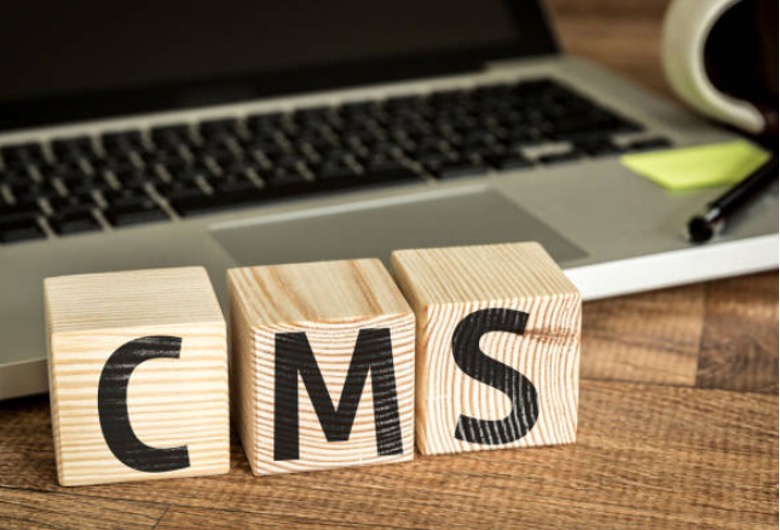
7. Ease of Content Management
As the name implies, one of the attractions of CMS is content management which makes it easy for users. This is realised by having categories and tags to sort the pages and posts on the website.
Media and page management in CMS is very good. There is a media library feature for storing and managing user-uploaded images, as well as tagging for easy grouping of related pages.

